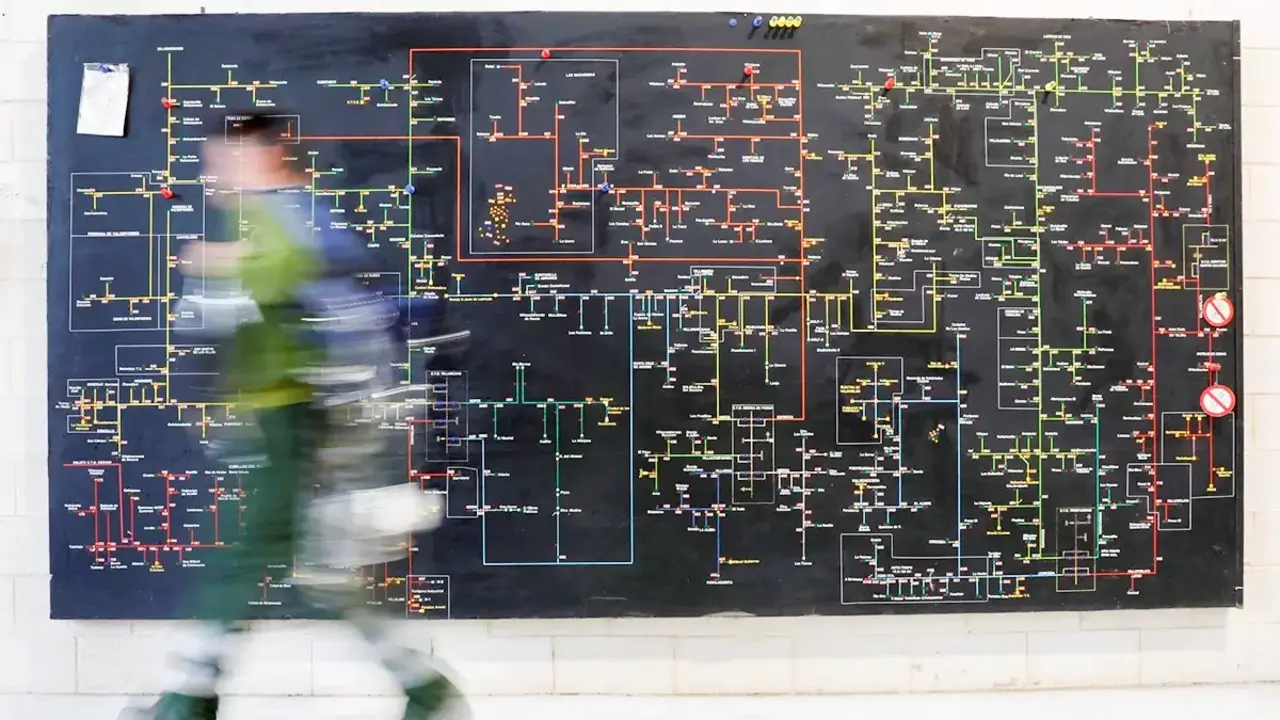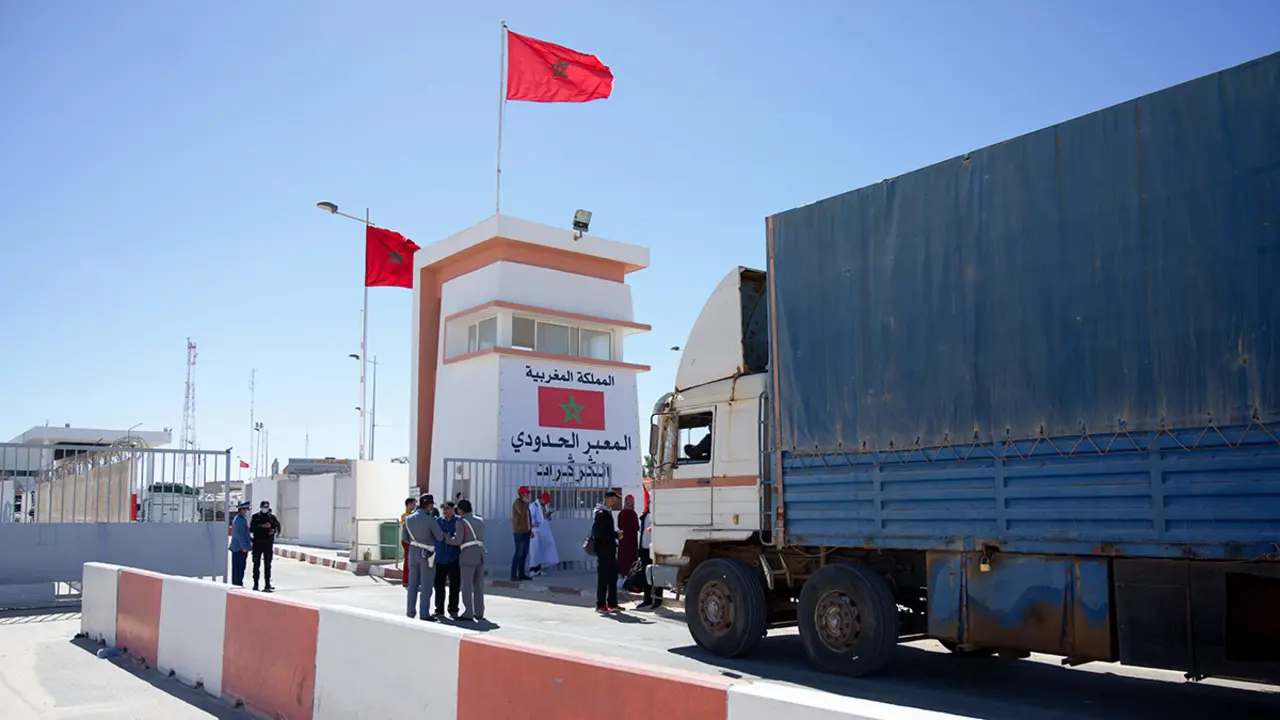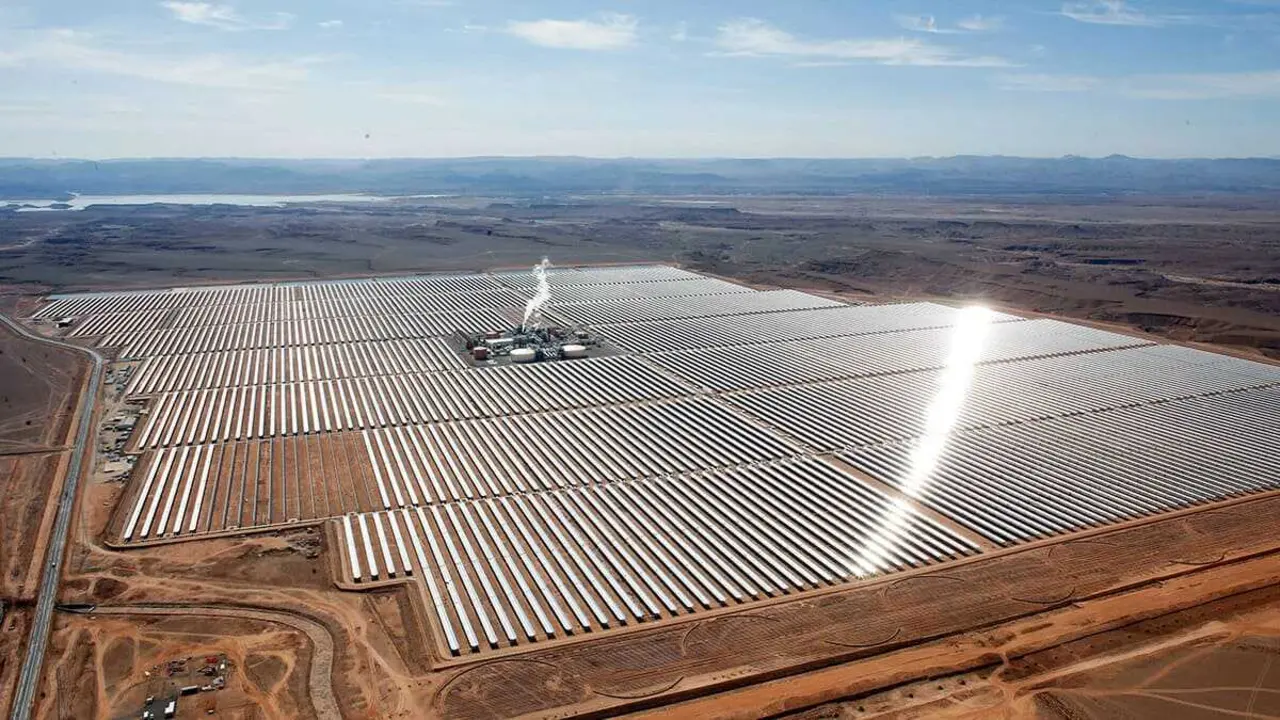Lluvias en Marruecos: una inyección de moral para los agricultores

In recent weeks, Morocco, which was feeling an unprecedented drought, has recorded heavy rains, providing a boost to the morale of the agricultural sector. Between last Friday and Saturday, according to the General Directorate of Meteorology, more than 100mm of rain was recorded in certain regions. After a difficult period marked by inflation, the agricultural world is thus nourishing hope for a good season, provided that the rains are regular in time and well distributed in the country's various agricultural basins. According to forecasts, this rainfall should continue and could reach levels that will allow the current year's harvests to go ahead.
The reservoirs of the Kingdom reached 24% of their capacity, although it is expected to increase due to the expected rainfall, which will continue throughout the week. The effect of these rains will mainly affect cereal crops. According to Mohamed Benata, an agricultural engineer, doctor of geography and president of the Espace de Solidarité et de Coopération de l'Oriental (ESCO), cereal was the crop that was about to be lost, and he said that now was the ideal time to work on the soil, the seeds and the preparation of the cereal harvest.

"It is really not too late for these rains. It is true that the first drops should ideally have come in mid-November, but nothing has been lost yet," said Abdelmoumen Guennouni, agronomist. "Planting costs are particularly high this year given the national and international context marked by almost generalised inflation affecting several products, including agricultural inputs. In addition, "farmers who had set aside part of their previous harvests for sowing have been forced to seek all the seeds on the market due to successive episodes of drought," stresses the agronomist.
According to Abdelmoumen Guennouni, this will have no real impact on cereal crop yields. Basal fertilisers are slow-acting and release their nutrients into the soil gradually. Low in nitrogen and rich in phosphorus, potassium and trace elements, basal fertilisers compensate for soil depletion and prepare the soil for future crops. "Farmers will compensate with cover fertilisers. Cover manure is actually the addition of mineral fertiliser to the surface of established crops, as opposed to basal manure that is incorporated into the soil when cereals are planted," he added.

"Nitrogen fertilisation is the only fertilisation that can be used as a cover crop, as all phosphorus and potash are normally applied on the bottom, before planting," explains Guennouni. For Saïd Lahrech, a good yield from cereal crops depends above all on rainfall, which is regular in time and space. In addition to cereal crops, the current rains will have a positive impact on extensive crops such as tomatoes and potatoes. Similarly, says Guennouni, arboriculture will benefit, certainly not for this season, but for next season.
In this regard, Benata lamented the lack of data on groundwater in Morocco. "The Ministry of Equipment should provide us with this data, as it provides the situation of the dams. Because groundwater represents the country's strategic reserves, which we resort to in the event of drought precisely when there is more water on the surface, especially for drinking water," he analysed. The agronomist thus comes back to the assertion of the Minister of Equipment and Water, Nizar Baraka, who indicated before the Chamber of Councillors in July that 91% of the wells dug at the national level are clandestine.

That is, anyone with the financial means can dig a well and start pumping water en masse. "If we have another year of drought, which we don't want, we won't find water to drink. Agriculture has depleted our water table. But the data on the state of our water table is not updated as it is for dams. Now our policies will have to review the management of our water resources. It is necessary to control and monitor the drilling of each well through gauges to control our water tables, so that we have an idea and do not fall into a crisis when we need our strategic reserves," the expert advocated.
To recap, according to the General Directorate of Meteorology, locally heavy and sometimes stormy rains (20-80 mm) are forecast for the beginning of the week in several provinces of the Kingdom. Rainfall ranging from 20 to 35 millimetres is expected to alarm the provinces of El Jadida, Safi and Essaouira. In the north, rains will also affect the cities of Chefchaouen, Larache, Ouezzane and Sidi Kacem as well as Fahs-Anjra, Tangier-Assilah, Taounate, Tetouan and Kenitra.








